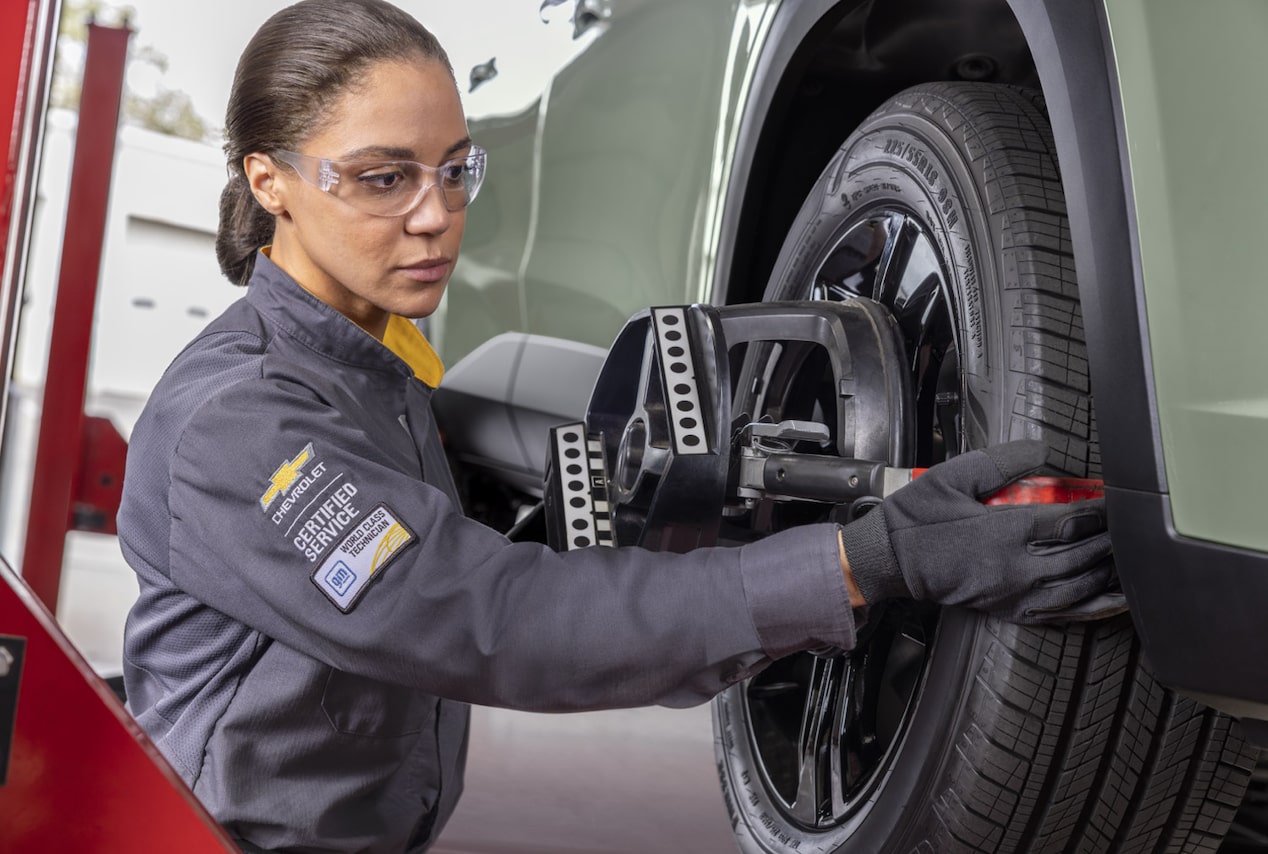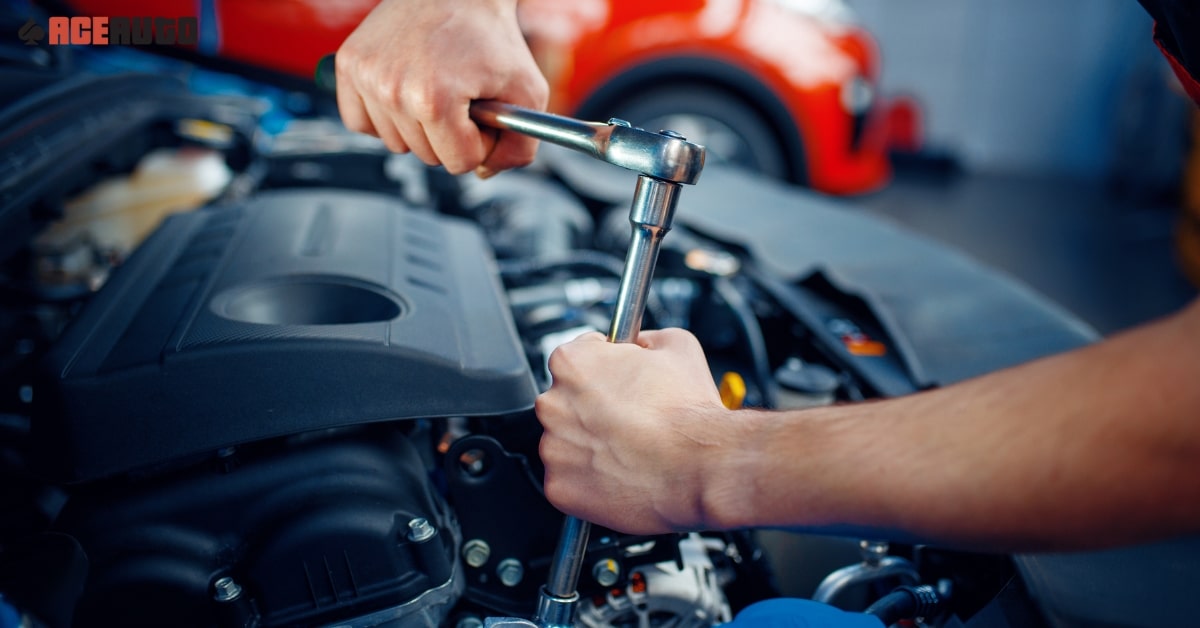All Categories
Featured
When your car overheats, it can seem like a major emergency, but staying calm and complying with the best actions can protect against significant engine damages and assistance obtain you back when traveling safely. In this article, we'll discover what to do if your car overheats and supply preventative tips to decrease the danger of overheating in the future.
If Your Automobile Overheats,What to Do. If your car begins to overheat is to draw over to a safe place as soon as feasible, pull Over to a Safe Area The very first and most crucial step. Turn on your hazard lights and assist your vehicle to the shoulder or into a vehicle parking great deal. Maintaining your cars and truck running while it's overheated can trigger extreme damage to the engine, so it's important to close the engine off as soon as possible.
Let the Engine Cool Once you have actually securely stopped, enable the engine to cool down. You ought to never ever attempt to open up the radiator cap while the engine is still hot, as the launch of vapor or hot coolant can trigger burns. Wait at the very least 15-20 mins to enable the engine temperature to go down to a more secure degree before continuing.
![]()
Inspect the Coolant Level After the engine has cooled down, check the coolant degrees by checking the reservoir or radiator. If it's low, top it off with a blend of coolant and water (as specified by your lorry's maker) Always use caution when opening up the coolant tank, as pressure might have accumulated.
Look for Noticeable Leaks While you wait for the engine to cool, aesthetically examine the radiator, hose pipes, and coolant tank for any type of visible leaks or splits. A dripping radiator or hose pipe is an usual root cause of overheating. It's much better to call a tow solution than danger driving further and triggering additional damages. if you discover a significant leakage.
Reactivate the Engine After allowing the engine to cool and guaranteeing the coolant is complemented, begin the engine and keep track of the temperature level gauge. If the temperature level proceeds to increase swiftly, it's ideal to shut the engine off and require roadside aid or a tow to the nearby mechanic.
![]()
How to Protect Against Getting Too Hot in the Future. Frequently Check Coolant Levels Among the most convenient ways to stop getting too hot is by preserving the right degree of coolant. In time, coolant can vaporize, so routinely check the coolant degrees in the reservoir. Reduced coolant levels can create the engine to overheat swiftly, so top it off as needed.
Inspect the Radiator The radiator plays an important duty in keeping the engine cool. Periodically check the radiator for any obstructions, dust, or debris that might obstruct airflow. If you observe any kind of signs of damages, such as rust or leaks, have it repaired or replaced asap.
Replace the Thermostat and Water Pump A malfunctioning thermostat or water pump is an usual source of overheating. The thermostat controls the flow of coolant, while the water pump distributes it via the engine. If either part is defective, it can stop appropriate air conditioning. Have your mechanic inspect these parts consistently and change them when needed.
Flush the Air conditioning System With time, coolant can weaken and end up being inadequate, causing an accumulation of debris in the system. Purging the air conditioning system every 30,000 miles, or as recommended in your vehicle's handbook, assists to get rid of any type of sludge or build-up and makes certain the cooling system is operating correctly.
Screen the Condition of the Hose pipes The hose pipes in your car's air conditioning system can put on out or split in time. Evaluate the hoses for any kind of indicators of wear, such as bulging, cracks, or leaks, and change them if required. Avoiding coolant leaks can go a lengthy way in staying clear of getting too hot.
![]()
Drive Properly Aggressive driving, such as speeding up promptly or driving at broadband, places added pressure on your engine and its cooling system. Try to drive at moderate speeds, especially on warm days or when driving on steep inclines, to reduce the chances of getting too hot.
Stay Clear Of Overloading Your Car Carrying too much weight in your lorry places tension on the engine and cooling system. Always bear in mind your lorry's weight limit, specifically if you're transporting hefty loads, pulling a trailer, or driving long distances in warm weather condition.
Conclusion. A getting too hot auto can be a frightening experience, but understanding just how to respond and prevent it can save you time, cash, and potential engine damages. Constantly inspect your coolant levels, evaluate crucial parts like the radiator, thermostat, and hose pipes, and comply with a regular upkeep schedule. By staying on top of your automobile's cooling system, you can lower the risk of overheating and appreciate a smoother, safer driving experience.
If Your Automobile Overheats,What to Do. If your car begins to overheat is to draw over to a safe place as soon as feasible, pull Over to a Safe Area The very first and most crucial step. Turn on your hazard lights and assist your vehicle to the shoulder or into a vehicle parking great deal. Maintaining your cars and truck running while it's overheated can trigger extreme damage to the engine, so it's important to close the engine off as soon as possible.
Let the Engine Cool Once you have actually securely stopped, enable the engine to cool down. You ought to never ever attempt to open up the radiator cap while the engine is still hot, as the launch of vapor or hot coolant can trigger burns. Wait at the very least 15-20 mins to enable the engine temperature to go down to a more secure degree before continuing.

Inspect the Coolant Level After the engine has cooled down, check the coolant degrees by checking the reservoir or radiator. If it's low, top it off with a blend of coolant and water (as specified by your lorry's maker) Always use caution when opening up the coolant tank, as pressure might have accumulated.
Look for Noticeable Leaks While you wait for the engine to cool, aesthetically examine the radiator, hose pipes, and coolant tank for any type of visible leaks or splits. A dripping radiator or hose pipe is an usual root cause of overheating. It's much better to call a tow solution than danger driving further and triggering additional damages. if you discover a significant leakage.
Reactivate the Engine After allowing the engine to cool and guaranteeing the coolant is complemented, begin the engine and keep track of the temperature level gauge. If the temperature level proceeds to increase swiftly, it's ideal to shut the engine off and require roadside aid or a tow to the nearby mechanic.

How to Protect Against Getting Too Hot in the Future. Frequently Check Coolant Levels Among the most convenient ways to stop getting too hot is by preserving the right degree of coolant. In time, coolant can vaporize, so routinely check the coolant degrees in the reservoir. Reduced coolant levels can create the engine to overheat swiftly, so top it off as needed.
Inspect the Radiator The radiator plays an important duty in keeping the engine cool. Periodically check the radiator for any obstructions, dust, or debris that might obstruct airflow. If you observe any kind of signs of damages, such as rust or leaks, have it repaired or replaced asap.
Replace the Thermostat and Water Pump A malfunctioning thermostat or water pump is an usual source of overheating. The thermostat controls the flow of coolant, while the water pump distributes it via the engine. If either part is defective, it can stop appropriate air conditioning. Have your mechanic inspect these parts consistently and change them when needed.
Flush the Air conditioning System With time, coolant can weaken and end up being inadequate, causing an accumulation of debris in the system. Purging the air conditioning system every 30,000 miles, or as recommended in your vehicle's handbook, assists to get rid of any type of sludge or build-up and makes certain the cooling system is operating correctly.
Screen the Condition of the Hose pipes The hose pipes in your car's air conditioning system can put on out or split in time. Evaluate the hoses for any kind of indicators of wear, such as bulging, cracks, or leaks, and change them if required. Avoiding coolant leaks can go a lengthy way in staying clear of getting too hot.

Drive Properly Aggressive driving, such as speeding up promptly or driving at broadband, places added pressure on your engine and its cooling system. Try to drive at moderate speeds, especially on warm days or when driving on steep inclines, to reduce the chances of getting too hot.
Stay Clear Of Overloading Your Car Carrying too much weight in your lorry places tension on the engine and cooling system. Always bear in mind your lorry's weight limit, specifically if you're transporting hefty loads, pulling a trailer, or driving long distances in warm weather condition.
Conclusion. A getting too hot auto can be a frightening experience, but understanding just how to respond and prevent it can save you time, cash, and potential engine damages. Constantly inspect your coolant levels, evaluate crucial parts like the radiator, thermostat, and hose pipes, and comply with a regular upkeep schedule. By staying on top of your automobile's cooling system, you can lower the risk of overheating and appreciate a smoother, safer driving experience.
Latest Posts
Picking the Right Monitoring Account for Your Requirements
Published Apr 19, 25
1 min read
Auto Repair Services: Professional Vehicle Care & Fixes !
Published Apr 19, 25
2 min read
Audio-Visual Services for Unforgettable Events
Published Apr 19, 25
1 min read